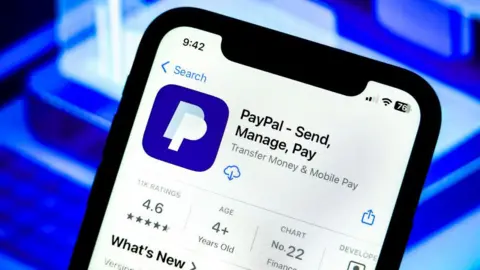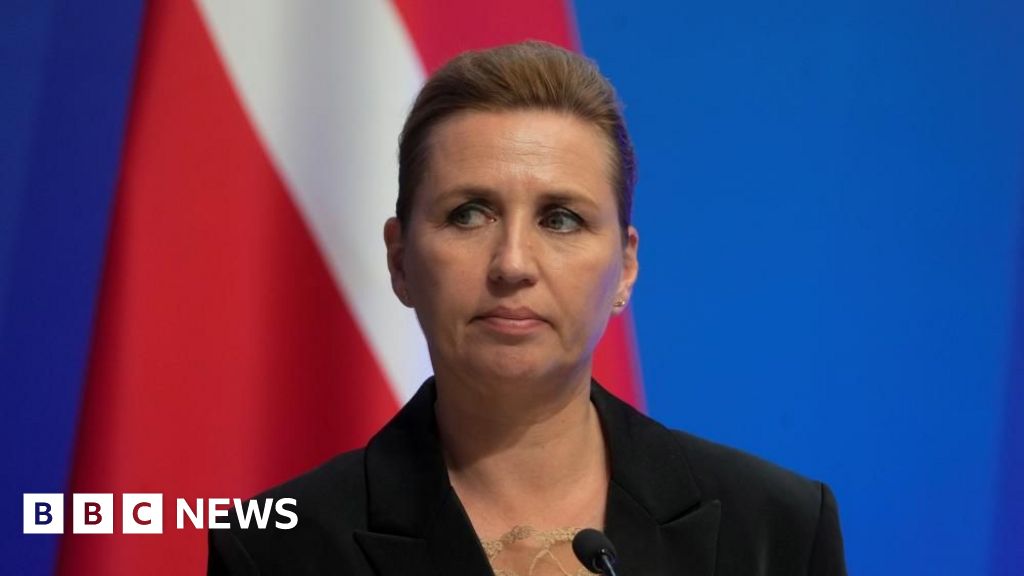ARTICLE AD BOX
Tom Gerken
Technology reporter

 Getty Images
Getty Images
European banks have seen widespread unauthorised direct debits from PayPal accounts, the German Savings Banks Association (DSGV) says.
The German newspaper Sueddeutsche Zeitung (SZ) says payments worth in the region of 10 billion euros (£8.6bn) have had to be blocked, after PayPal's fraud-checking system failed.
It said payments were paused on Monday when lenders reported millions of suspicious direct debits from the payment firm.
The DSGV confirmed to the BBC there had been "incidents involving unauthorized direct debits initiated by PayPal against various credit institutions".
The BBC has approached PayPal for comment.
It told Reuters "certain transactions from our banking partners and potentially their customers" had been affected by a temporary service interruption.
"We quickly identified the cause and are working closely with our banking partners to ensure that all accounts have been updated," the PayPal spokesperson said.
The DSGV said PayPal had "acknowledged the disruptions" and "assured" it had resolved the problem.
"Payment transactions to and from PayPal have been running normally again," it said.
"These incidents had significant effects on payment transactions across Europe, particularly in Germany.
"The supervisory authorities have also been informed of the incidents at PayPal."
PayPal aims to filter out scams before they can get to banks through a security system.
In particular, it aims to deal with fake direct debits which have been set up by criminals.
There are many ways they are set up, but one typical method is tricking a person into handing over their details by pretending to be a bank or financial institution by phone.
According to SZ, PayPal's filter system did not work properly on Monday, resulting in unchecked direct debits being sent to banks alongside legitimate ones.
Shares in the payment firm fell 1.9% on Wednesday following the report.



 5 hours ago
4
5 hours ago
4








 English (US) ·
English (US) ·